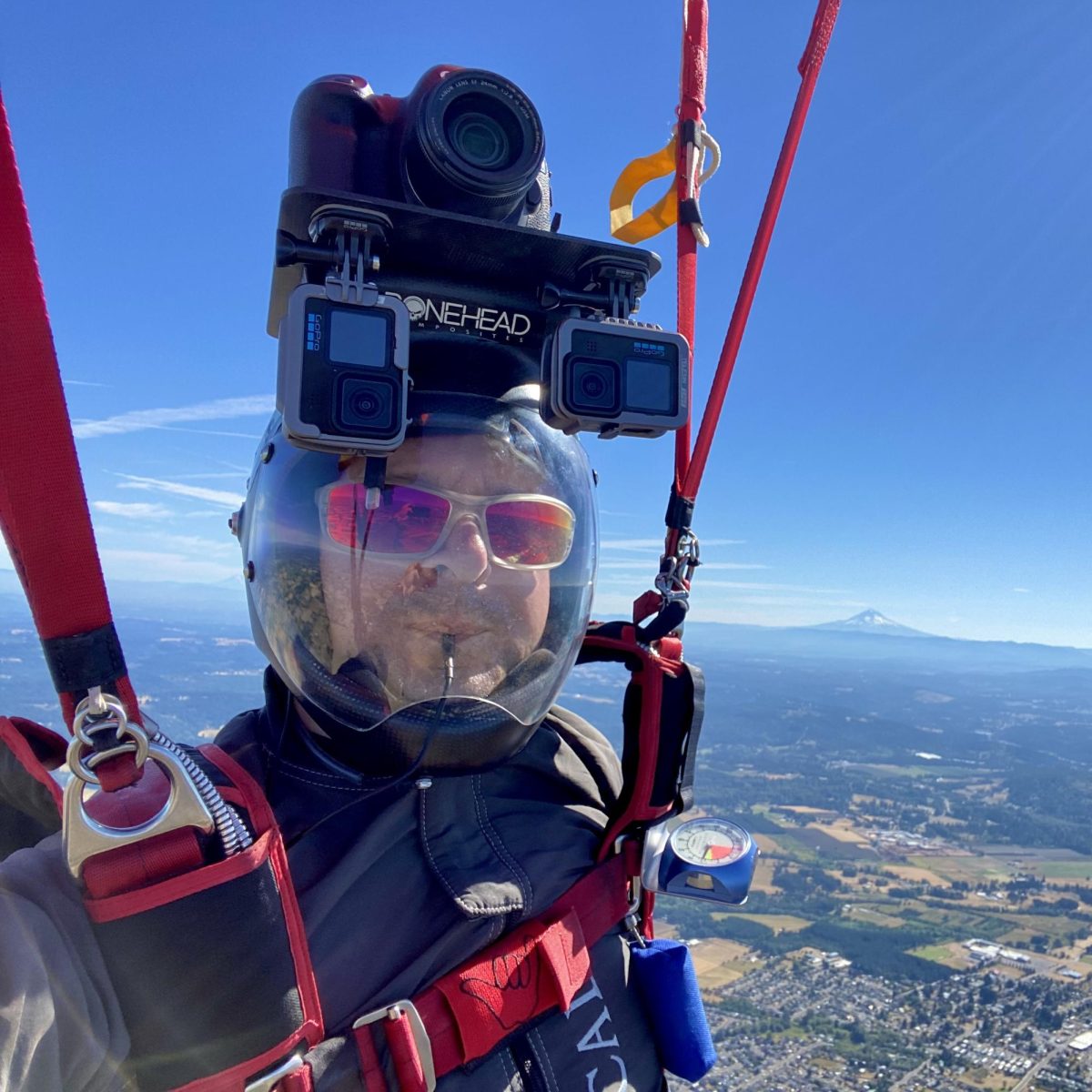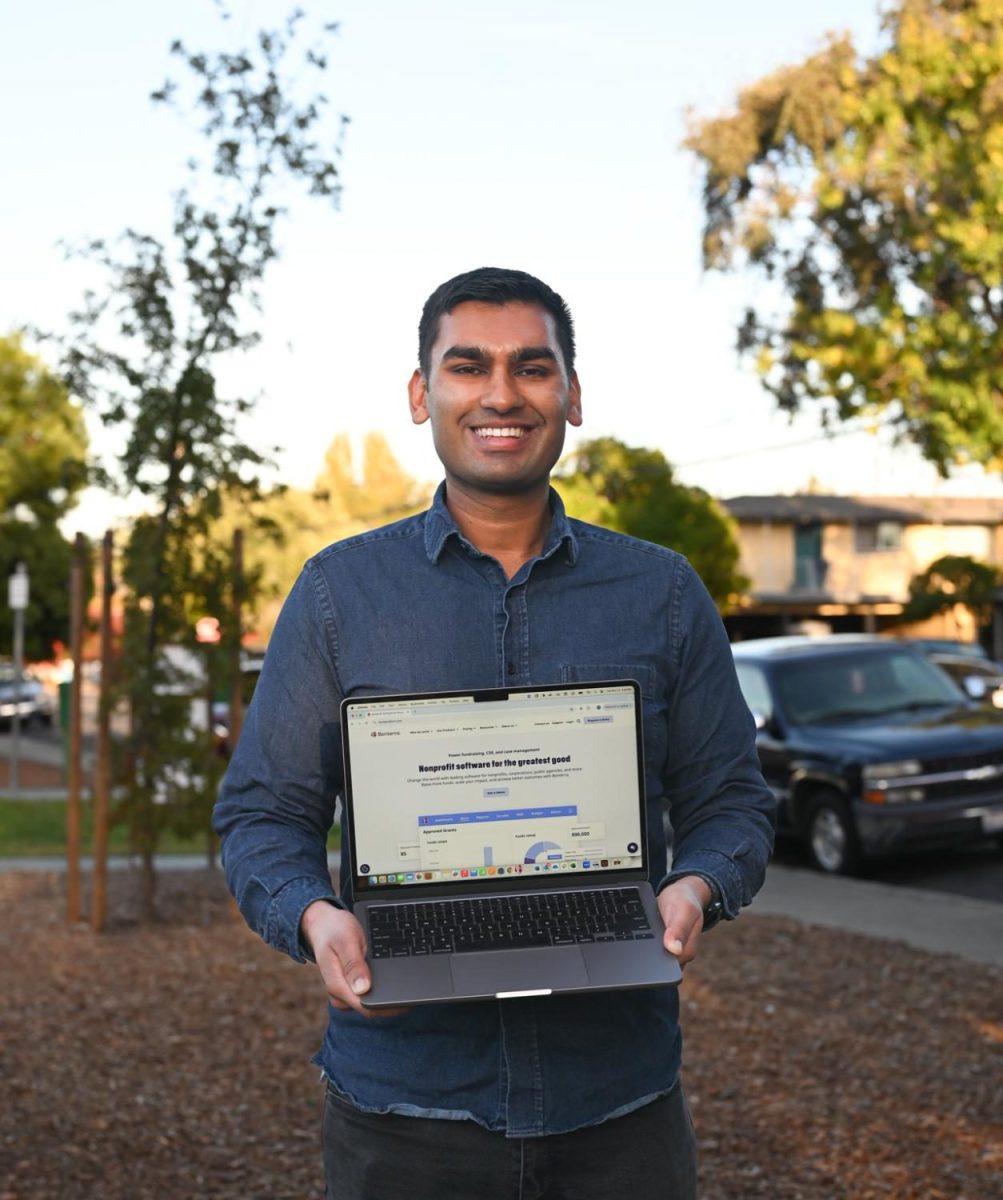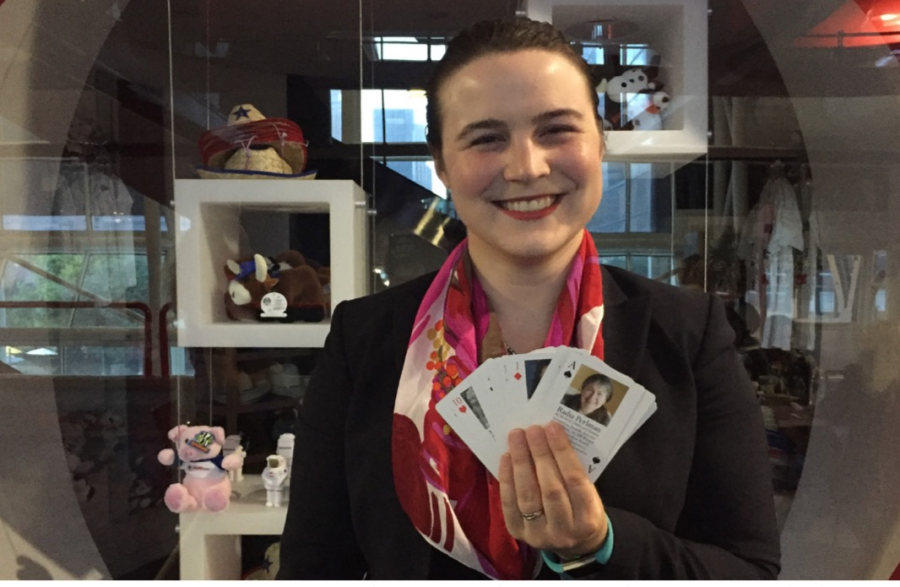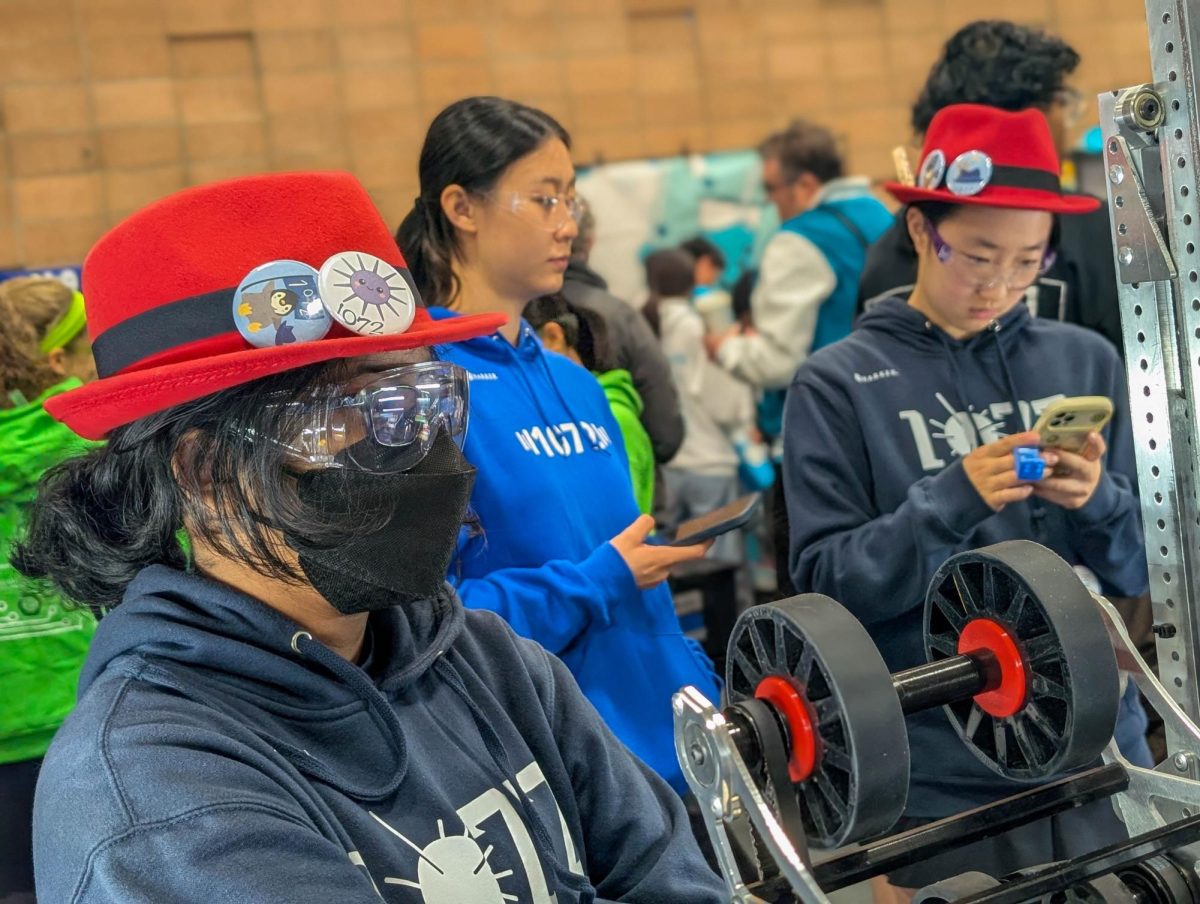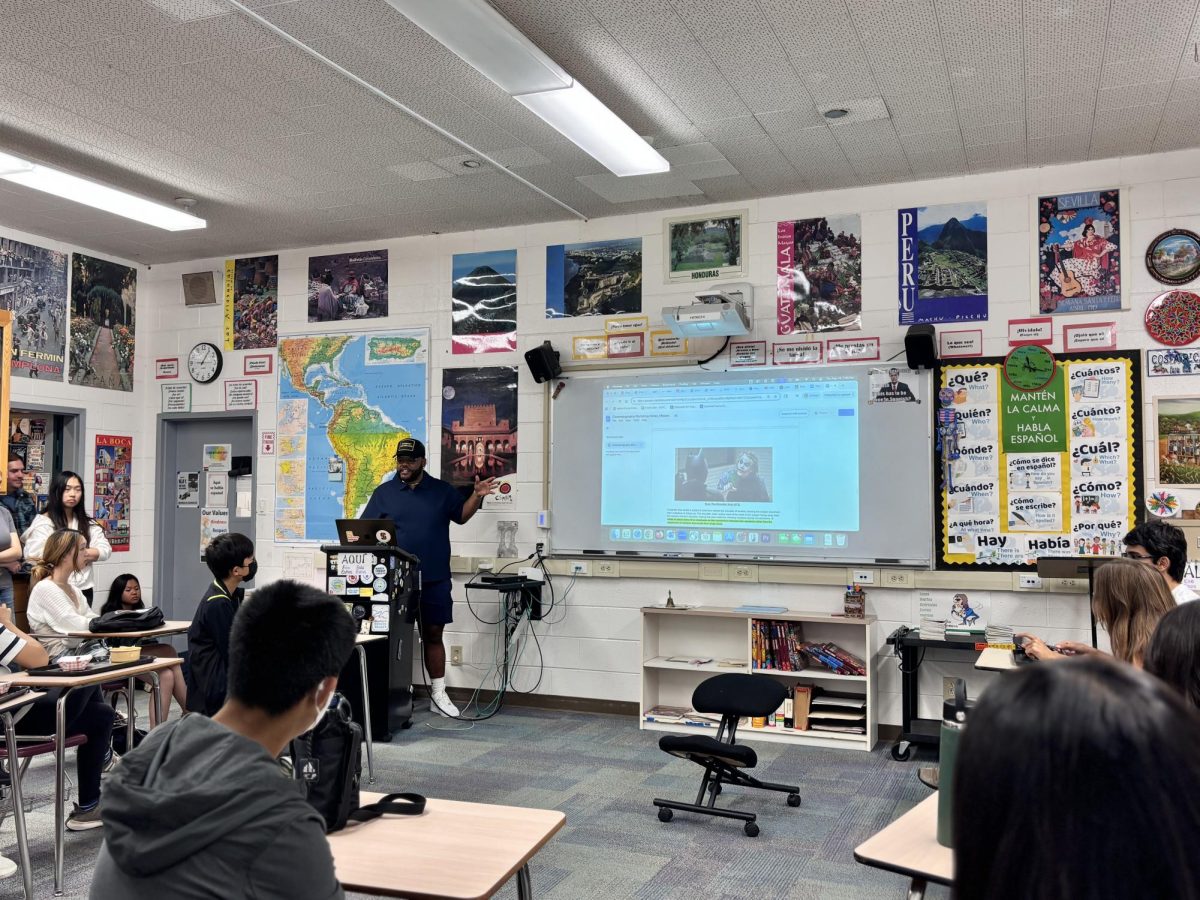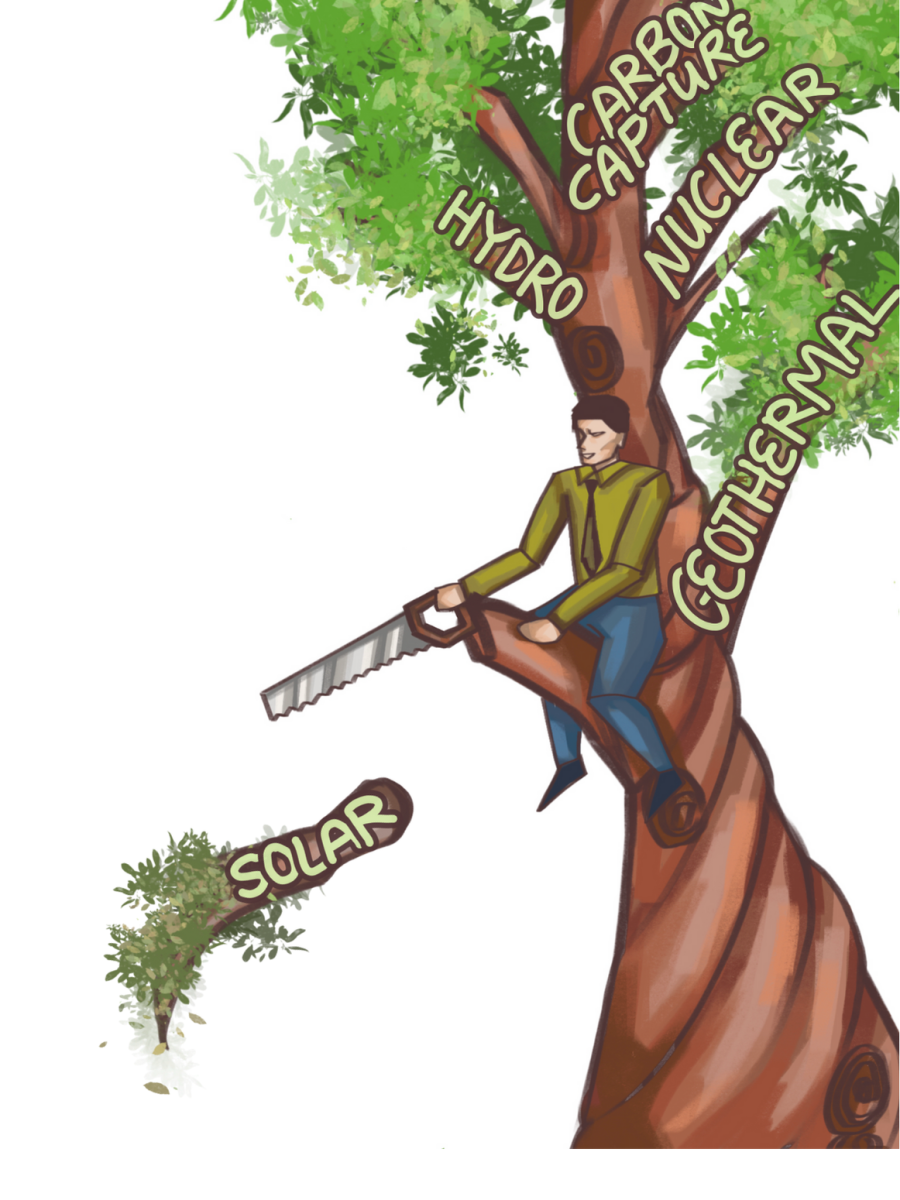An email pops into your inbox, advertising a shiny new discount on a brand’s latest product. In just a few clicks, your purchase travels from the catalog to your cart to a warehouse, arriving at your doorstep in just a few days. Throughout the whole process lies a web of software, neatly-fitted wheels turning behind the scenes to ensure a smooth user experience. As a senior manager of e-commerce technology at Columbia Sportswear Company, Marc Leglise (‘03) drives one such system every day.
Leglise entered the e-com world at age 12, when he built his first website. During college at the University of California, San Diego, he found his professional start designing a simple website for a local surf shop. Although Leglise branched out into the corporate world, exploring biotechnology and corporate event software, he returned to his e-com roots, eventually joining the Columbia team a decade after his graduation. He aimed to revolutionize their e-com systems with his years of experience.
“[Columbia has] been around for 80 years, they know what they’re doing,” Leglise said. “But in the e-com space, they felt even further behind the times than the rinky-dink little skate shop I was at. So, I felt like, ‘Wow, I can make a difference here.’ There’s a lot we can do.”
Throughout his tenure, Leglise transformed various aspects of the Columbia websites, from the customer support process to the organization of the design teams themselves. They rebuilt the checkout system, redesigned the emails system and implemented a new loyalty program. Given the longevity of the nearly century-old company, Leglise emphasized bringing the website up to speed with its contemporaries.
“We were using an old piece of software that was like having a boat anchor strapped to our legs,” Leglise said. “This year, we swapped it out for a brand new platform and rebuilt all the integration plumbing in between. In the New Year, we have armed the business with a lot of new modern tools that they’re excited to take advantage of.”
As a senior manager, Leglise strives to improve his teams’ efficiency apart from the engineering sphere. To heighten efficiency, he redistributed work across three teams: checkout, order fulfillment and accounts, and loyalty and digital marketing. He also separated duties between the product and engineering sectors, streamlining the process of idea creation and implementation. In his role, he emphasized the importance of prioritization within a team.
“It doesn’t work if everybody on the team has their own list of priorities,” Leglise said. “You need to have alignment, and that needs to start at the top, because, inevitably, there will always be more work that needs to get done than there is capacity to do it. So, you have to be able to ruthlessly prioritize and get aligned on the priorities.”
Besides concrete accomplishments, Leglise highlighted his personal philosophy of developing the workplace culture in tandem with the software. Along with prioritizing his team’s family and personal needs, he encourages collaboration in problem-solving.
“It’s spreading the idea that it’s not worthwhile for us to fight against each other internally,” Leglise said. “It’s not me versus you, it’s us versus the problem. We’re all on the same team, so let’s row in the same direction.”
Leglise also reinforced his goals to improve the quality of engineering across the company’s websites. Much like Columbia’s commitment to durability, he hopes to strengthen the brand’s e-com infrastructure.
“That’s where we get to build off of the whole ethos of Columbia, the company,” Leglise said. “They really want this stuff to last, and we get to take that same ethos and apply it to the software. Sometimes we have to make trade-offs and ship a duct-tape-and-bubble-gum sort of fix. It’s a balancing act. But, when we get the time, which is more often than not these days, we try to build it right and take the time.”
Leglise attributes his current success to the well-roundedness he internalized at Harker. Running through theater exercises he learned with former performing arts teacher Jeffrey Draper before emceeing a corporate event this year stood out to him as a legacy of his Harker education.
Considering the high-performing environment at Harker, Leglise encourages current students to recognize the importance of being comfortable with the uncomfortable, even when one fails at first. According to Leglise, following these philosophies helped launch him from his start as a programmer for local college surf shops to his new position as a key contributor at an internationally prominent company.
“Be brave enough to suck at something new,” Leglise said. “Especially while you’re at Harker, you’re amongst a group of very gifted students. The classic problem of the naturally gifted kid is that you find things that you’re immediately good at, and you excel at them. Things that you’re not immediately good at, it’s ‘Oh, well.’ If you’re brave enough to be bad at something for a while, that’s how you get to be good at it eventually.”
Confronting his fears brought him closer to Columbia in a way, where after learning to skydive to overcome his debilitating fear of heights, he gained a greater appreciation for Columbia, the lessons learned in sports and the importance of quality gear. He developed a personal connection with the Columbia brand through their goal to “connect active people with their passions,” as described in their mission statement. He attributed his and his coworkers’ diverse backgrounds in sports to the range of perspectives they navigate each day.
“Just about every single person at the company and definitely on my teams have some sort of thing they’re passionate about,” Leglise said. “Everyone brings their own analogies and ways of thinking about things that show up in interesting ways. To me, it’s actually a very great correlation to the benefits of having a diverse workforce, because you get different perspectives, different ways of thinking.”
Even after revamping all 28 of Columbia’s websites, Leglise still looks to continuously improve their systems. From new tools and ideas like artificial intelligence to the increasing popularization of e-com, he strives to continue the growth of the ever-evolving industry.


















![“[Building nerf blasters] became this outlet of creativity for me that hasn't been matched by anything else. The process [of] making a build complete to your desire is such a painstakingly difficult process, but I've had to learn from [the skills needed from] soldering to proper painting. There's so many different options for everything, if you think about it, it exists. The best part is [that] if it doesn't exist, you can build it yourself," Ishaan Parate said.](https://harkeraquila.com/wp-content/uploads/2022/08/DSC_8149-900x604.jpg)




![“When I came into high school, I was ready to be a follower. But DECA was a game changer for me. It helped me overcome my fear of public speaking, and it's played such a major role in who I've become today. To be able to successfully lead a chapter of 150 students, an officer team and be one of the upperclassmen I once really admired is something I'm [really] proud of,” Anvitha Tummala ('21) said.](https://harkeraquila.com/wp-content/uploads/2021/07/Screen-Shot-2021-07-25-at-9.50.05-AM-900x594.png)







![“I think getting up in the morning and having a sense of purpose [is exciting]. I think without a certain amount of drive, life is kind of obsolete and mundane, and I think having that every single day is what makes each day unique and kind of makes life exciting,” Neymika Jain (12) said.](https://harkeraquila.com/wp-content/uploads/2017/06/Screen-Shot-2017-06-03-at-4.54.16-PM.png)








![“My slogan is ‘slow feet, don’t eat, and I’m hungry.’ You need to run fast to get where you are–you aren't going to get those championships if you aren't fast,” Angel Cervantes (12) said. “I want to do well in school on my tests and in track and win championships for my team. I live by that, [and] I can do that anywhere: in the classroom or on the field.”](https://harkeraquila.com/wp-content/uploads/2018/06/DSC5146-900x601.jpg)
![“[Volleyball has] taught me how to fall correctly, and another thing it taught is that you don’t have to be the best at something to be good at it. If you just hit the ball in a smart way, then it still scores points and you’re good at it. You could be a background player and still make a much bigger impact on the team than you would think,” Anya Gert (’20) said.](https://harkeraquila.com/wp-content/uploads/2020/06/AnnaGert_JinTuan_HoHPhotoEdited-600x900.jpeg)

![“I'm not nearly there yet, but [my confidence has] definitely been getting better since I was pretty shy and timid coming into Harker my freshman year. I know that there's a lot of people that are really confident in what they do, and I really admire them. Everyone's so driven and that has really pushed me to kind of try to find my own place in high school and be more confident,” Alyssa Huang (’20) said.](https://harkeraquila.com/wp-content/uploads/2020/06/AlyssaHuang_EmilyChen_HoHPhoto-900x749.jpeg)



